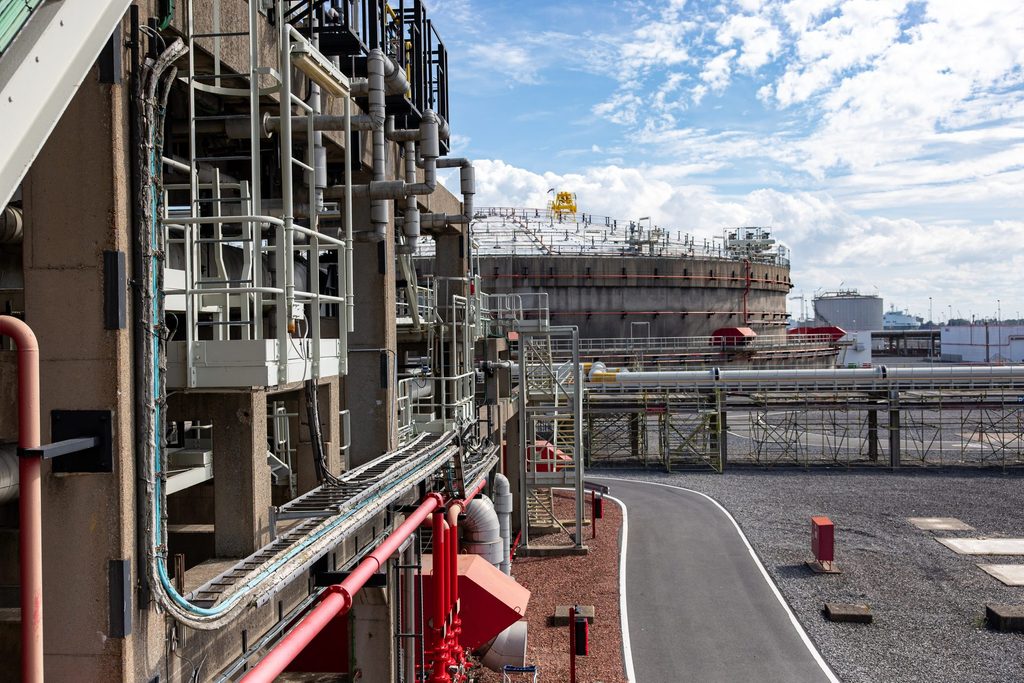Energy prices are unlikely to soar in Belgium this winter, experts say, as warmer weather coupled with improvements in energy efficiency are expected to shield the country from a full-scale energy crisis through the cold season.
Analysts point to the fact that gas prices are currently hovering around €40 per megawatt hour (MWh) on the Dutch Title Transfer Facility (TTF), Europe's most commonly used price benchmark. This is less than a third of what they were this time last year.
Perhaps even more significantly, Belgium's gas storage facilities are now 99.2% full. Across the EU, the storage average is 99%.
"As things stand, our stocks will still be half-full at the end of winter, while we normally end the winter with 30% of stocks filled," Matthias Detremmerie, a Managing Partner at Belgium energy supplier Elindus, told the Gazet van Antwerpen.
Mild weather ahead – and behind
Detremmerie attributed the high gas storage levels to the extraordinarily mild weather this autumn, when Belgium experienced one of its hottest Octobers ever recorded. He also noted that temperatures should remain elevated over the next couple of months.
"The forecasts do not say that we are going to have an extremely cold winter," Detremmerie said. "We should stay above average temperatures for the time of year between mid-December and mid-January, so no white Christmas or New Year. And that ensures that we will automatically consume less [energy]."
Detremmerie added that Belgium's present high storage levels should allow it to comfortably survive next year's winter as well.
"It's hard to talk in the long run. But if our stocks are still half filled, it will not be so difficult to replenish them. Which would mean that we can also be reasonably reassured next winter."
'This remains a crisis'
However, Damien Ernst, a specialist in the energy sector at the University of Liège, stressed that the EU is still facing energy costs significantly higher than before February 2022, when Russia's invasion of Ukraine sparked a surge in energy prices.
"Before, we were facing an 'extra-crisis'," Ernst told Le Vif. "Now we just have a crisis with prices twice as high as the average. This remains a crisis. We can also see it in the evolution of the European industrial sector, which is suffering a lot compared to the United States."
He added: "I would not say that the crisis is over, it is more nagging. We are no longer in an acute phase, we are in a chronic phase which nevertheless remains impoverishing for citizens and companies."
Related News
- Brussels closed for business? Nearly half of SMEs want to leave Belgian capital
- 'This cannot continue': Experts alarmed by Belgium's industrial collapse
Ernst's analysis is in line with other recent studies which show that several key parts of Belgium's (and the EU's) economy are in serious decline, including most notably its industrial sector.
In a report published last week, Eurostat found that Belgium's year-on-year industrial production fell by 14.0% in September this year: the second largest decrease in the bloc after Ireland.
Even more worryingly, the study noted that Belgium experienced the largest monthly decline in industrial production in the EU, with output dropping 3.2% from August to September. This was more than three times greater than the net EU decrease of 0.9%.

